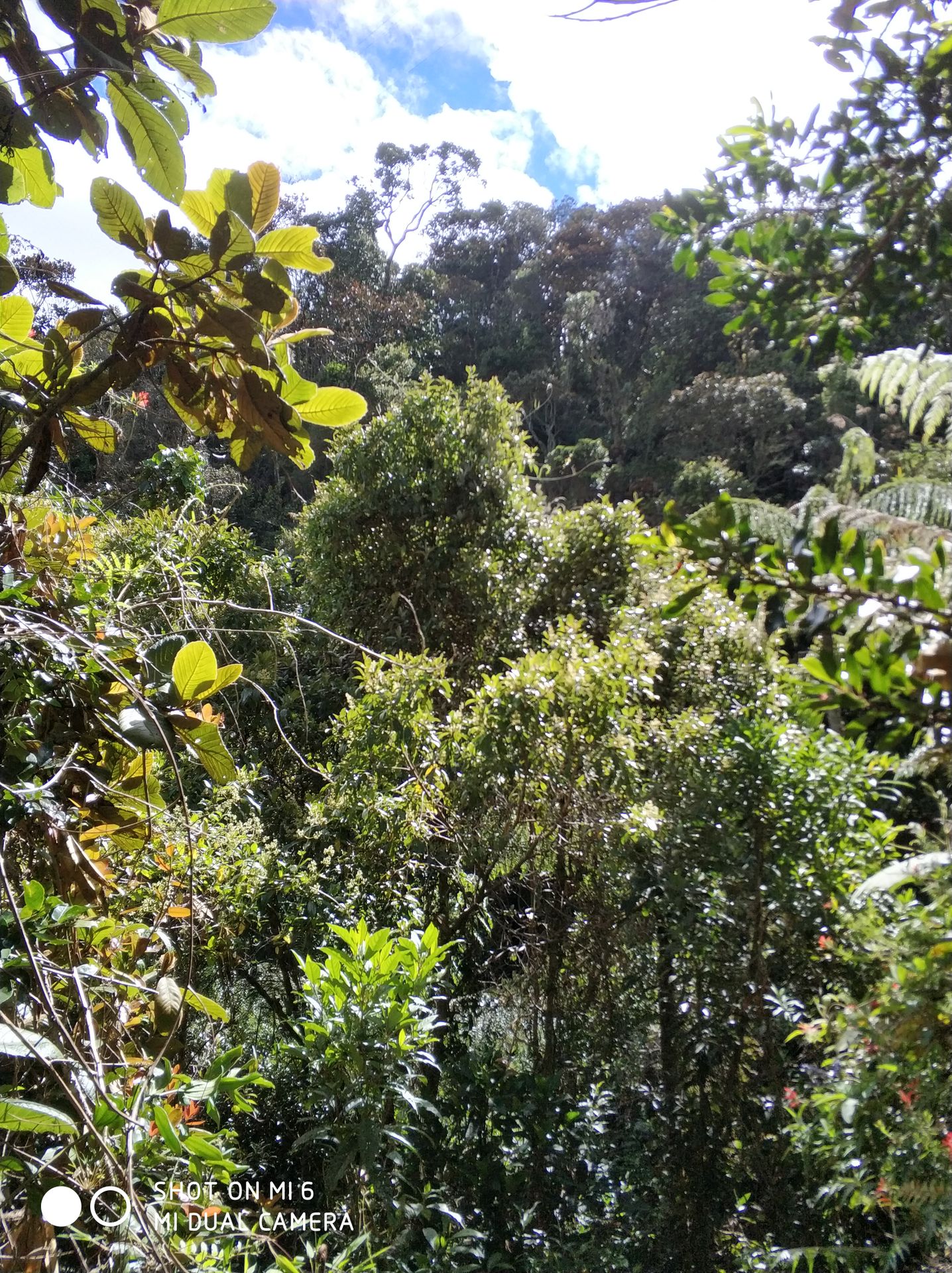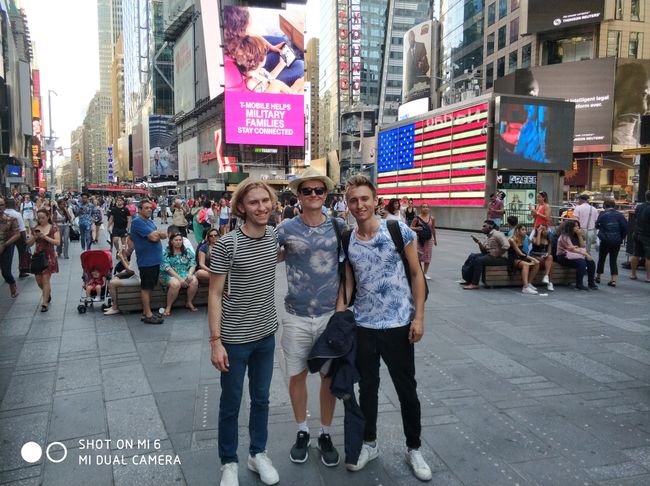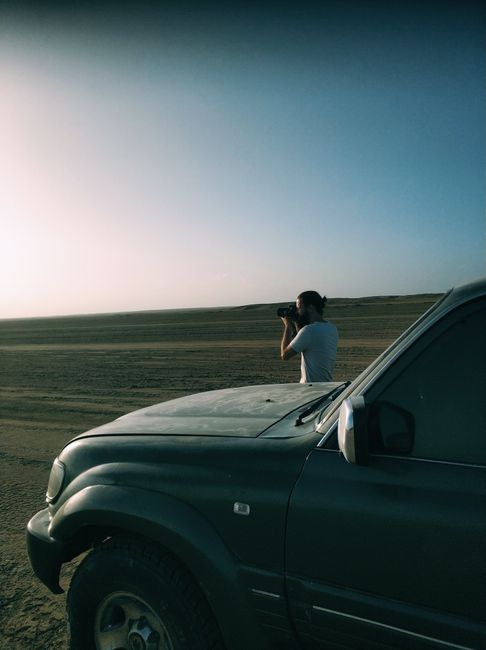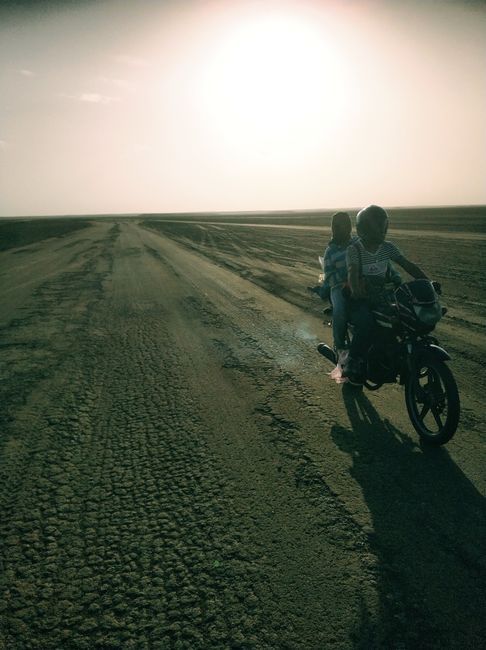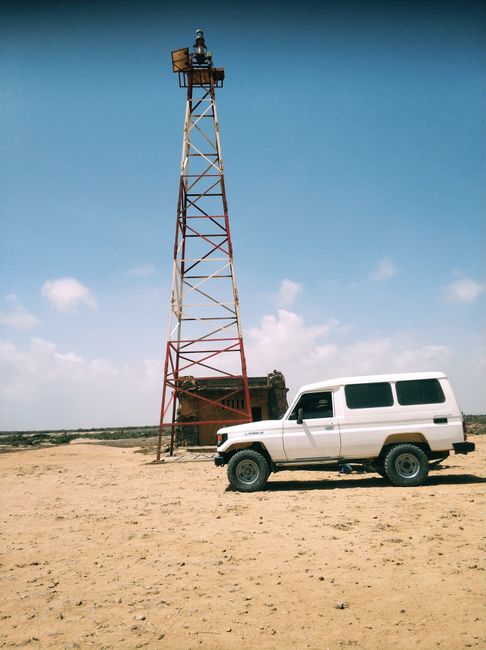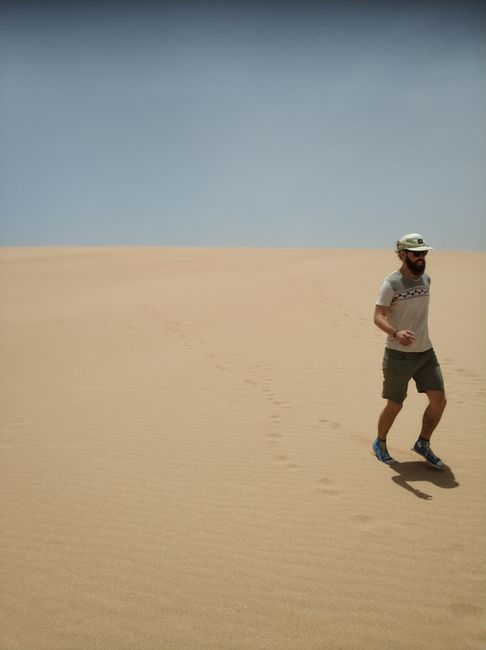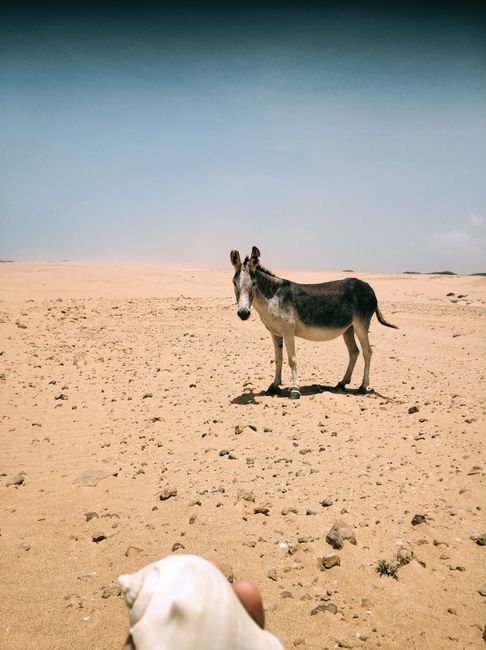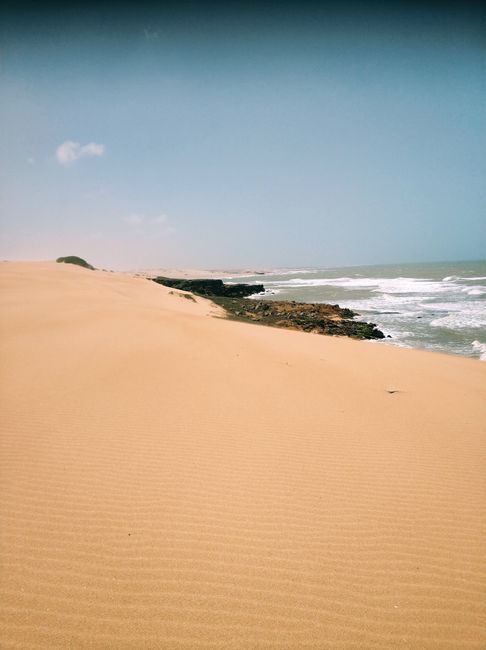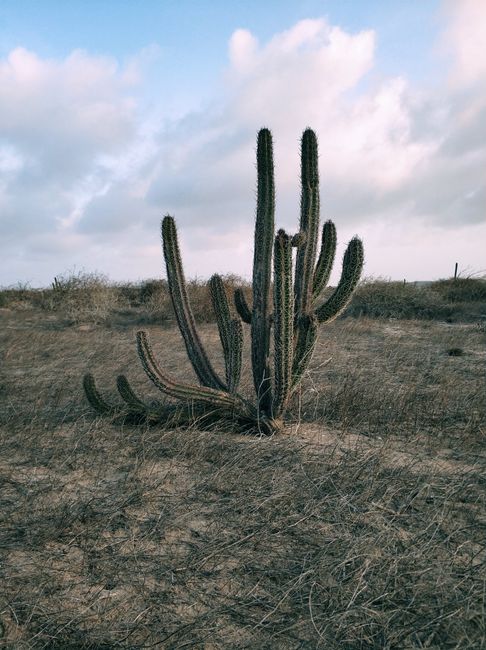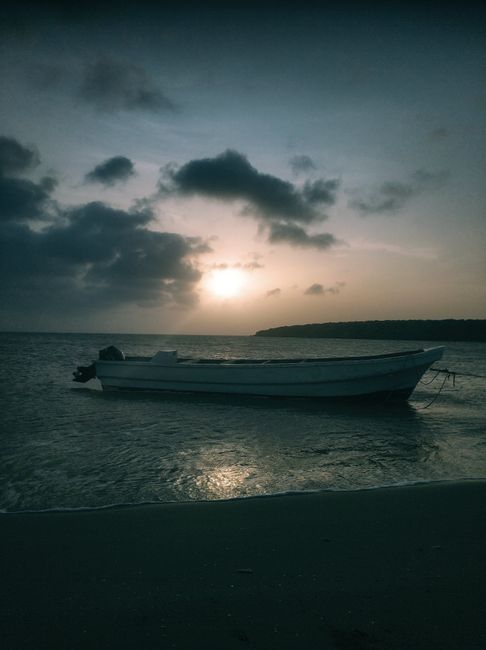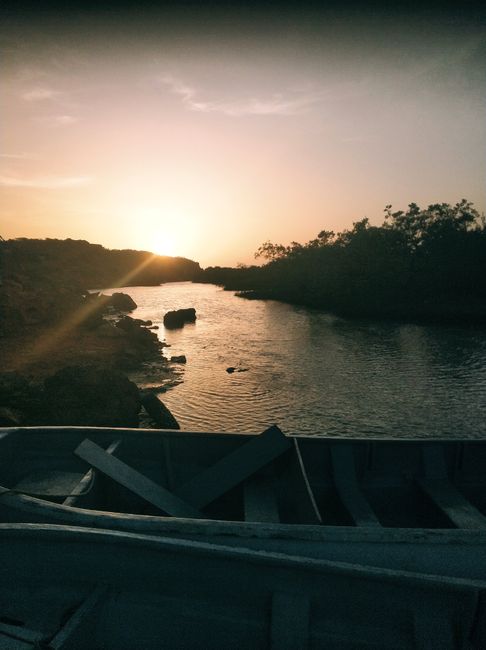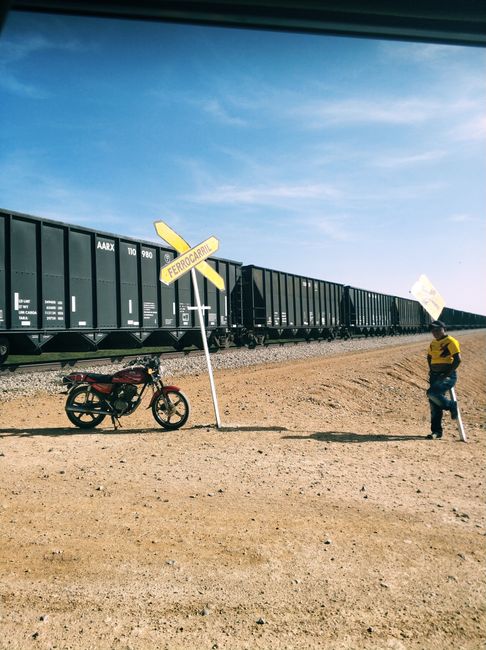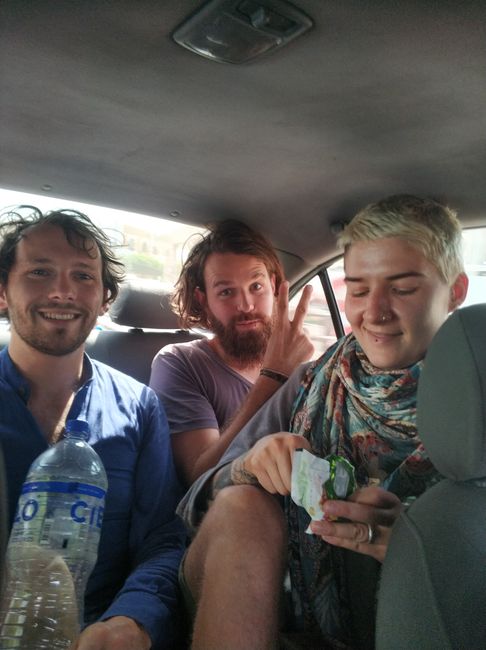Punta Gallinas
Whakaputaina: 11.08.2018
Ohauru ki te Panui
Deeper into the desert means more adventure, right? Wrong!
Staying here is fully organized by the indigenous people who still reside in the desert, but it's still incredibly beautiful. After an endless journey through rough terrain, which started at 5 o'clock (officially, the drivers arrived around 6), we were chauffeured to the sights. Then food, then another tour. I don't want to dwell on it too much. It was interesting to see how the indigenous people of the 21st century are. The men are quite plump (of course, with the food). The people who don't work with tourists are very poor. The children don't go to school, but they "block" the road with ropes or cords to get candy, money, etc. from passersby. The people there speak Spanish and their native language. A goat costs about 10 euros.
After I had the brilliant idea to take a short walk in the desert without a (lost) sun hat and without (lost) sunglasses, I got the finest sunstroke. I went to sleep at 9 in a hammock in a windy, semi-open room. Departure was the next day at 5. We got up at a quarter to 6 and were super punctual.
A few more words about the food: simply dreadful. They fry everything. Fish as a whole. In the desert, every restaurant in the whole town has the same food, and there's not enough of it. Vegetarian dishes are more expensive (but I'm sticking to it again!). You can't cook for yourself in the desert. No wonder so many people here are crazy, those Colombians!
The food, combined with the sunstroke, made saying goodbye to this beautiful but very different region with desert right by the sea, indigenous people who experienced a massacre just 10 years ago, and great sports opportunities much easier.
By the way, the fruits, vegetables, and sweets are good here!
Ohauru ki te Panui
Whakautu
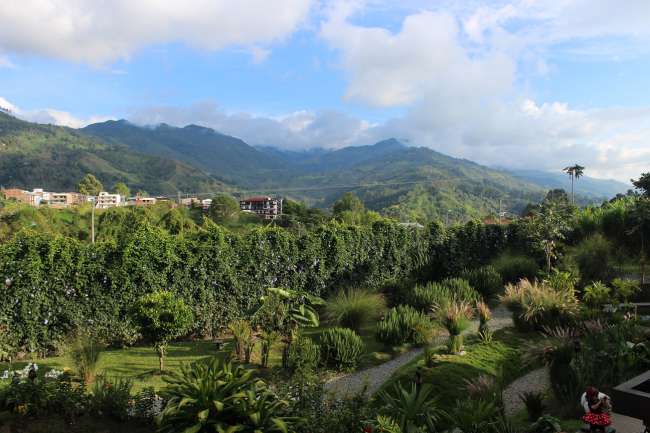
Ripoata haerenga Colombia
